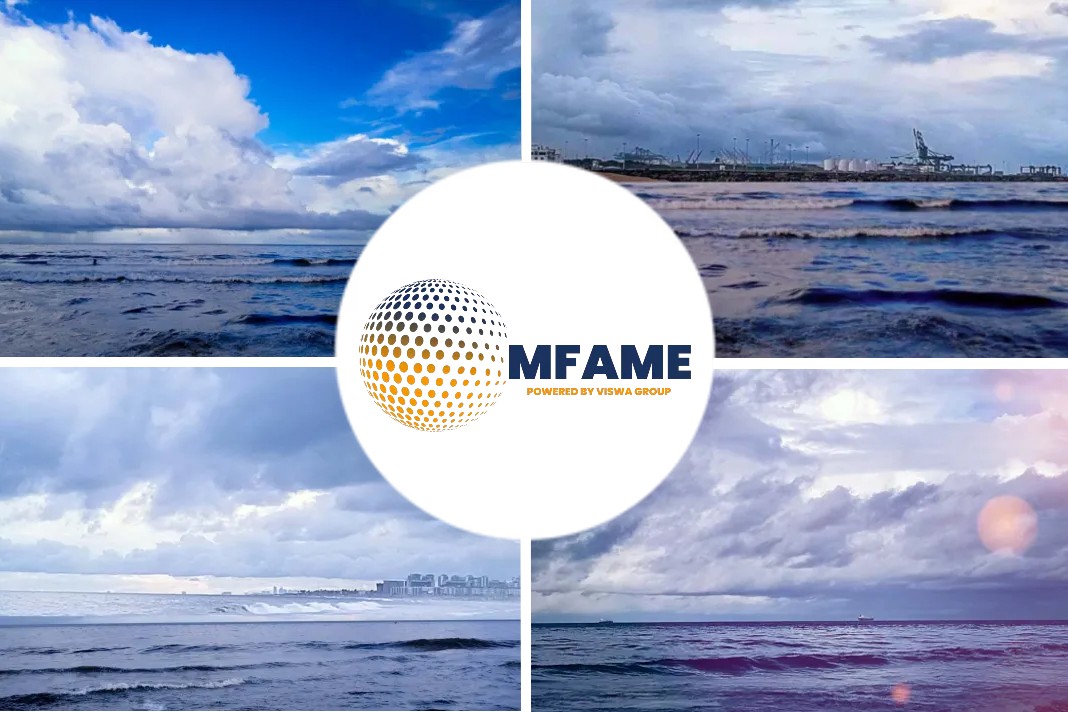
According to engineering firm Wartsila Marine Power President and Executive VP Roger Holm, engine technology that offers fuel flexibility is essential for speeding the shipping industry’s decarbonization ambitions as the sector embraces a multifuel future to reduce emissions.
A simple upgrade
Wartsila is promoting the use of flexible dual-fuel engines that can be powered by low-sulfur fuel oil (LSFO), liquefied natural gas (LNG) or methanol as a way to achieve decarbonization in the shipping industry. Methanol conversion is a simple upgrade that allows for flexibility and future-proofing of vessels. The company has also sold its first carbon capture-ready scrubber to a South Korean firm, which could potentially lead to a larger market for carbon capture technology in the future. Scrubber technology is seen as a key component in achieving the International Maritime Organization’s target of reducing carbon intensity by 40% by 2030.
LNG, methanol bunkering
Wartsila plans to continue its focus on LNG as a bunkering fuel due to its distribution and availability. The company is also developing technology to reduce methane emissions from LNG even further. Methanol is becoming a “new normal” marine fuel, and Wartsila has already sold many products with methanol engines that offer fuel flexibility to shipowners. While ammonia and hydrogen are also emerging shipping fuel technologies, the industry has work to do in terms of development and availability. Wartsila is openly discussing its fuel development plans to help customers and fuel suppliers prepare for a multi-fuel future.
Need for global regulations
Wartsila’s Holm said shipping regulations such as IMO’s Carbon Intensity Indicator and EU’s Emissions Trading Scheme are crucial to making the cost of green fuels closer to conventional ones. End-customers demanding greener fuels also drive the demand for green fuels. The global shipping industry needs to accelerate its decarbonization targets to be efficient. Holm is uncertain how much progress IMO would make at its 80th Marine Environment Protection Committee in July. He stressed the importance of looking at the decarbonization of shipping from an end-to-end perspective.
Did you subscribe to our newsletter?
It’s free! Click here to subscribe!
Source: S&P Global





















